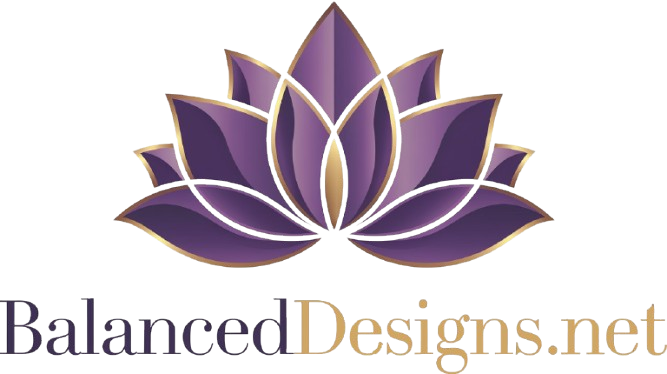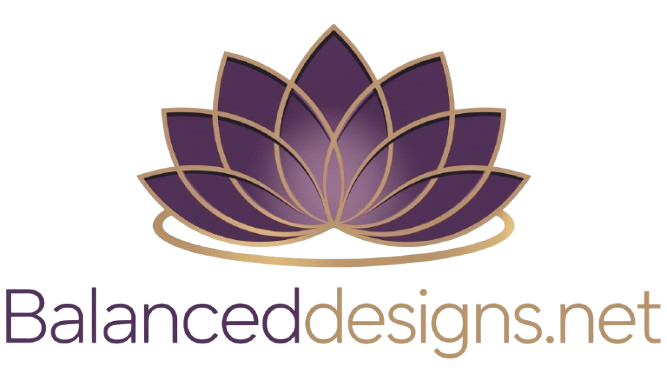Take some time to think through ‘why’ you’ve set out to accomplish your goals. Is it something that you’re personally invested in? Or is it driven by expectations or outside pressures? Choosing goals that you care about increases the likelihood of success, and focusing on the reasons behind them can help you stay motivated, especially in the face of setbacks or obstacles. If you feel like you’re struggling, revisit your why.
6. Practice flexibility
While being specific can help us set meaningful goals, it’s also important to allow ourselves to change course and practice flexibility. In some cases, we may find that our initial goals aren’t a good fit or have become difficult to maintain.
Sometimes this happens because the original goals we set for ourselves aren’t as realistic as we thought they would be. Other times, we may encounter setbacks that make it difficult to move forward or make progress.
If you are struggling to achieve or maintain your goals, try to keep these things in mind to create “FUN” goals.
F: Flexibility
Life happens, things change. Allow your goals to shift with the seasons of life. For instance, if you get sick this year, it is not reasonable to expect yourself to go to the gym everyday while you’re ill. The same concept applies to your mental health, physical health and individual circumstances.
U: Uplifting
Setting goals for yourself shouldn’t be a punishment. In fact, it is often helpful to focus on the things you want to add to your life, rather than the things you want to subtract from your life. For example, if you want to eat healthier, it may be more helpful to add fruits and veggies to your meals as opposed to subtracting food groups from your diet.
N: Numberless
New year goals often revolve around specific numbers. While this can be helpful when setting SMART goals, it’s important to keep in mind that numbers aren’t everything. For instance, it’s unlikely that your life will radically change because of the number you see on the scale or the number of books you read this year, but you may feel significant accomplishment to be closer aligned to your health goals or knowledge or skill acquisition.
7. Celebrate small successes
Achieving our goals can give us a strong sense of accomplishment. However, if we only focus on the end result, we may miss out on important milestones along the way. In fact, it’s important to recognize and reward smaller successes on the way to larger achievements. This can help keep us motivated and celebrate our progress.
Think through some milestones you may reach while working toward a larger goal. After you achieve each of your milestones, reward yourself with a feel-good activity. For instance, you could treat yourself to a fancy coffee, enjoy a celebratory dinner with friends, relax with an at-home spa day or make plans to do something you’ve been looking forward to.
8. Reach out for additional support
You don’t have to do it alone. Support resources can help you set realistic goals, identify important steps along the way and stay on track if you feel overwhelmed. Here are a few support resources available on campus.
Resources for students
Meet one-on-one with a trained peer wellness coach to set wellness goals and connect with campus resources. Coaches are available to help you create a plan to manage stress, time management, academics, sleep, relationships and more.
Are you looking to improve your academic standing this semester? CU Boulder offers a wide variety of tutoring and learning resources to support you and your academic success. Some are specific to certain classes or departments or groups of students. Most are free while some require a fee.
CAPS provides drop-in hours, consultations, screening appointments, groups and workshops to all CU students. Counselors are available in person and online to help provide insight, solutions and information about additional resources related to academics, stress, anxiety, substance use, relationships and more.
AcademicLiveCare (ALC) is a free telehealth platform that allows students to schedule and attend mental health and medical appointments from wherever they are.
If you are looking to connect with a local mental health provider in your area, Thriving Campus can help you connect with a variety of providers based on specialization, needs and insurance.
Meet with a registered dietitian nutritionist (RDN) for a variety of services, including nutrition assessments, food allergies or intolerances, sports nutrition, meal planning, disordered eating support and more.
The CUCRC provides community, support and connection for students, staff and faculty in recovery or seeking recovery from a wide range of behaviors. They host weekly support meetings and offer recovery coaching for all CU students.
The Rec Center provides a wide variety of programs to help students find their fit, including outdoor classes, equipment rentals, fitness classes, personal training and more.
CU offers hundreds of free events for students every semester. Check out upcoming opportunities to connect with other students, join a student organization or simply have fun.
Resources for staff and faculty
FSAP provides free mental health services for all CU Boulder staff and faculty, including brief individual or couples counseling, community referrals, workshops and support groups.
The Rec Center is partnering with WorkWell to host a variety of free group fitness classes for staff and faculty twice per month. All levels are welcome, no membership required.
CU employees, retirees and their spouses/dependents are eligible for membership to the Rec Center. Staff and faculty can also get a $25 one-month trial membership that provides access to both campus facilities, locker rooms and free group fitness classes.
The CUCRC provides community, support and connection for students, staff and faculty in recovery or seeking recovery from a wide range of behaviors. They host weekly support meetings and offer recovery coaching for all CU students.
WorkWell helps oversee a variety of health and wellness programs for staff and faculty to improve well-being, engagement and connection on campus.
This mobile app is designed to help CU staff and faculty through:
- Meditation and mindfulness classes
- Individual and team challenges
Participants can accumulate Wellable points through the app to unlock rewards and prizes.














:max_bytes(150000):strip_icc()/GettyImages-1053748996-83e2a44595ea49c19236c325c5bdbc2c.jpg?w=1300&resize=1300,800&ssl=1)